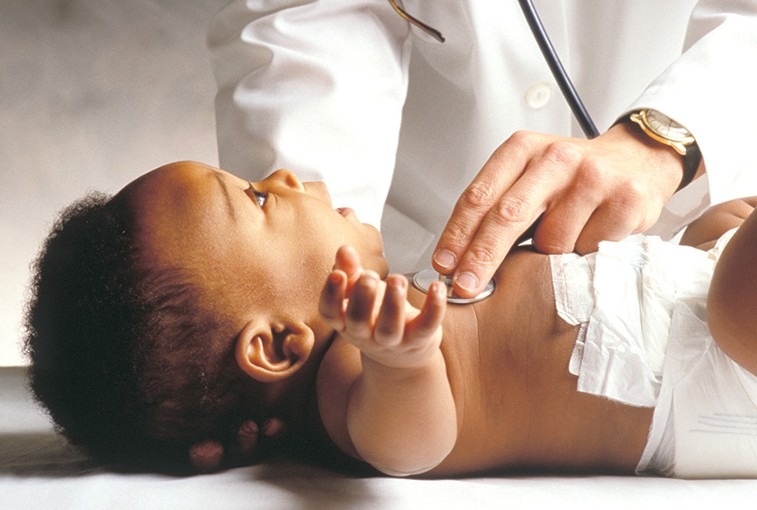Why take a perfectly healthy baby to the doctor for a checkup? Well child checkups are recommended for many of the same reasons that annual physicals are recommended for adults.
These checkups help us stay well and our doctors can pick up on potential problems that are more easily correctible when caught early. These visits are important tools for identifying autism, ADD, ADHD, intellectual disability and other developmental disorders. Many children with developmental delays aren’t identified as early as possible. Well visits and screening questionnaires at doctor visits can lead to early diagnosis and prompt intervention as well.
What happens during a well visit?
During a well visit, your provider will:
- Perform a thorough physical exam from head to toe
- Address your questions and concerns
- Will give your child proper immunizations/shots
- Track your child’s growth and development
- Talk about injury prevention, red flags to go to ER and provide a well visit summary
- Talk about habits/new interventions if necessary of existing health problems
- Make appropriate referrals as necessary
- Early identification of hearing/language defects
Tips for parents
Here are few tips for parents before a well visit with your child’s doctor:
- Always prepare a checklist to discuss your concerns, new problems and get support for social issues, a program through the American Academy of Pediatricians
- Discuss your concerns regarding short- and long-term effects of vaccines
- Get recommendations from Bright Futures, a program through the American Academy of Pediatricians, after the well visit to get the summary of recommendations for child growth, development and safety issues
- Discuss any small concerns that you think may be wrong with your child’s behavior/communication
- Get more information regarding annual dental, vision appointments and appropriate referrals as necessary
- Get extra help for thumb sucking, teeth grinding, bed-wetting, toilet training and language development
Keep in mind that your child’s doctor is your most valuable resource for questions and concerns about your child’s health. While there are massive amounts of health care information available electronically, these sources are not always reliable or factual.
Between well child checkups, call the doctor if your infant has a fever, stops eating, is not peeing or pooping, is not nursing well, looks yellow, or has increasing redness or pus around the umbilical cord or the circumcised area on boys.
If you sense something is wrong, you are probably correct. Do not hesitate to call.
…
Posted In Children's, Health Information, Healthy Living
